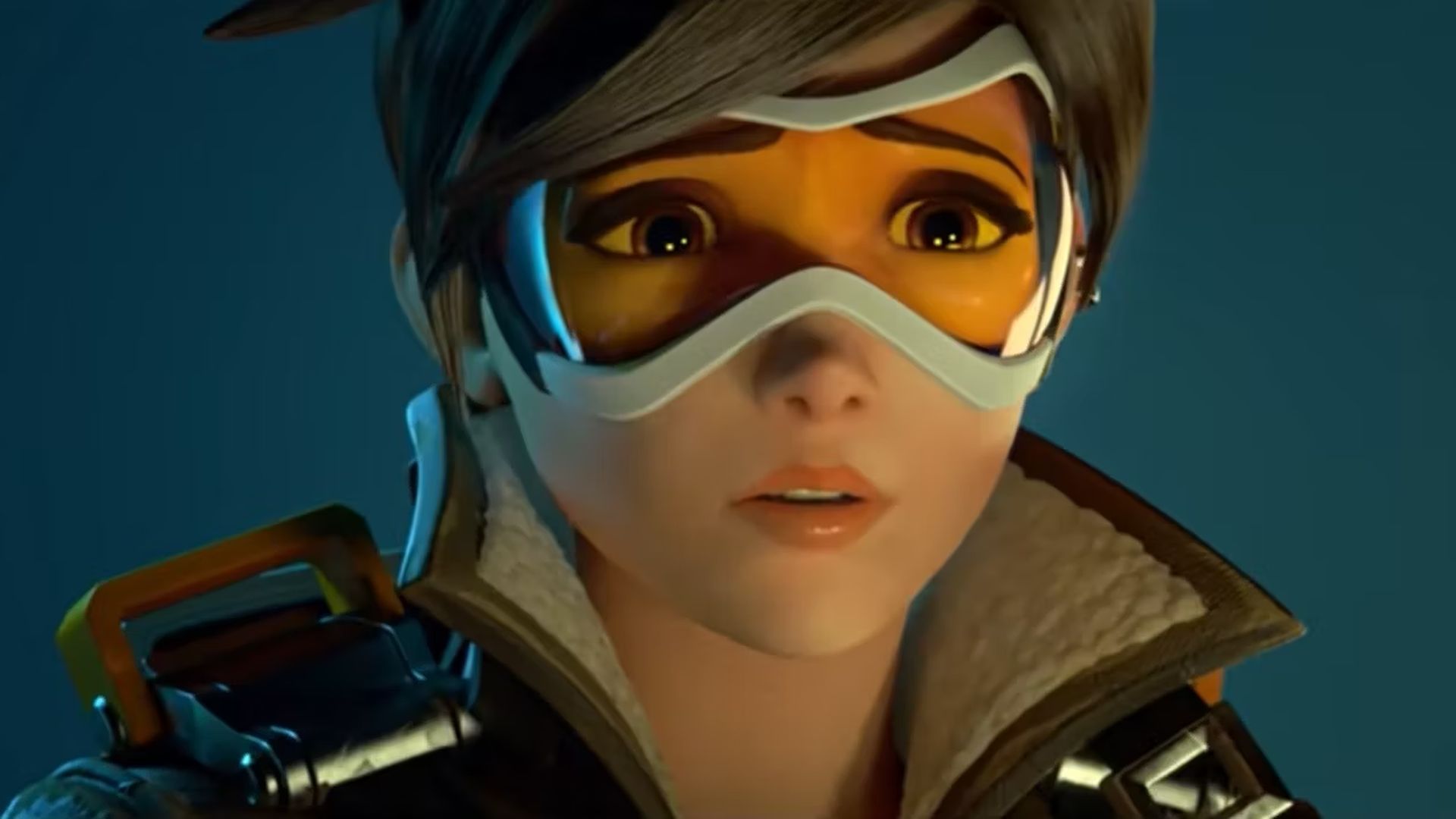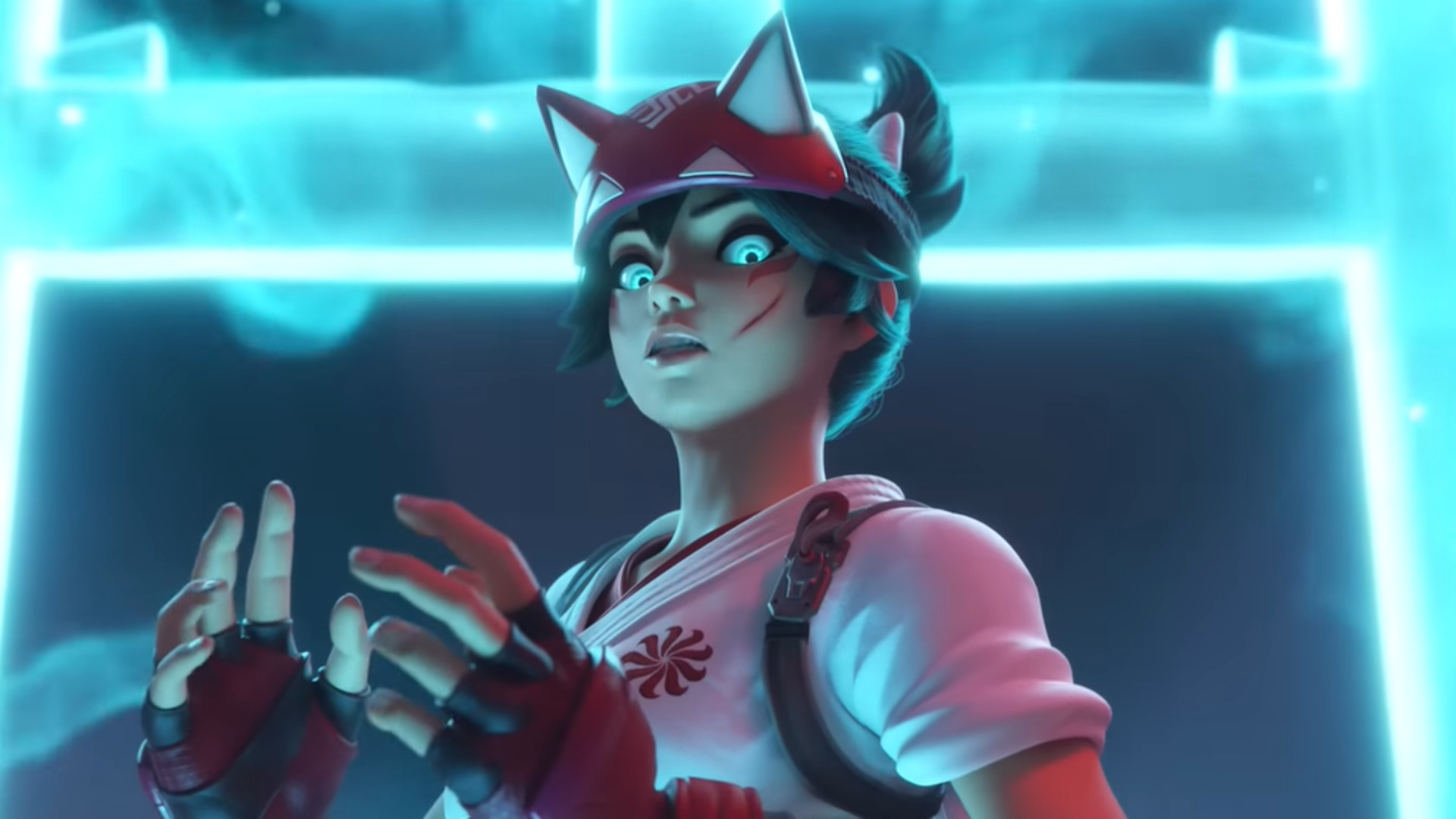
There was a time not that long ago when Overwatch felt like the biggest game on the planet. A thriving community was helmed by an esports scene that Blizzard had managed to grow from scratch into one of the biggest in the world. An obsession with character and world-building was championed by industry-leading cinematics and storytelling. As would-be competitors fell away, Overwatch was the hero-shooter, almost an entire genre in its own right.
Blizzard very nearly had a runaway train of a new franchise. But then it slammed on the brakes, and all the momentum that Overwatch had was lost. The Overwatch League stalled, and new content became almost non-existent. An FPS juggernaut gradually faded into increasing obscurity thanks to the promise of Overwatch 2.
The cavalry's...gone
From my perspective, Overwatch 2 was always a strange proposal. There were only three years between the full release of the first game and the announcement of the second. Overwatch was only six years old when it was shut down in favor of its replacement; compare that to games like World of Warcraft or League of Legends, still yet to see a sequel despite their much older development frameworks. By service game standards, Overwatch was still pretty young, not some creaky game barely being held together, so a need for a new game on that basis didn't make sense to me.
What did make sense, however, was a desire to build a game that would encompass Blizzard's clear drive to use Overwatch as an entire narrative platform. An experience that encompassed both PvP and PvE that could take an already-beloved cast and give player and developer alike room to expand on its place within an intricately-crafted world.

The cost of that experience, however, was the long-term health of Overwatch. As more and more developers were moved over to the sequel, the original languished. With diminished events and fewer new heroes, more casual players had less reason to return. The esports scene dwindled, eventually swallowed up by Valorant. Eventually, as the length of time between the slow decline of Overwatch and the launch of Overwatch 2 grew ever longer, the franchise's entire cultural relevance evaporated. There was a brief flash of attention around launch, but since then, the sequel's only real moment in the sun was its Valentines' dating sim spin-off. Even new hero Lifeweaver, a thirst-trap on legs even by Blizzard's standards, felt like a minor blip on the radar, especially in comparison to the arrival of past Overwatch characters.
And now the same PvE content around which Overwatch 2 was supposed to have been built has been gutted. The 'Hero Mode' that was intended as the crux of PvE has been canceled. All of the skills and progression systems that would have gone along with it are dead. Story missions intended to kick off a new narrative arc are still on the way, but much of what an entire community has spent more than three years waiting to see will never make its way to the game.
The community's response is one of almost abject dismay. I can't say I blame them. Over four years, Blizzard ground an entire IP to a standstill to accommodate this idea. All this time later, it has nothing to show for it except a languishing game that will likely never be 'complete' in the eyes of its players, and a development team stripped of one of its greatest ambassadors. In nearly a decade covering this industry, I can't think of a bigger bag-fumble than this one, and I'm left asking one question: at this point in time, other than an excuse to kill Overwatch 1, what on earth is the point of Overwatch 2?
Weekly digests, tales from the communities you love, and more
Our own Overwatch 2 review outlined a shiny new version of a game that never really needed a shiny new version.

I'm GamesRadar's Managing Editor for news, shaping the news strategy across the team. I started my journalistic career while getting my degree in English Literature at the University of Warwick, where I also worked as Games Editor on the student newspaper, The Boar. Since then, I've run the news sections at PCGamesN and Kotaku UK, and also regularly contributed to PC Gamer. As you might be able to tell, PC is my platform of choice, so you can regularly find me playing League of Legends or Steam's latest indie hit.


